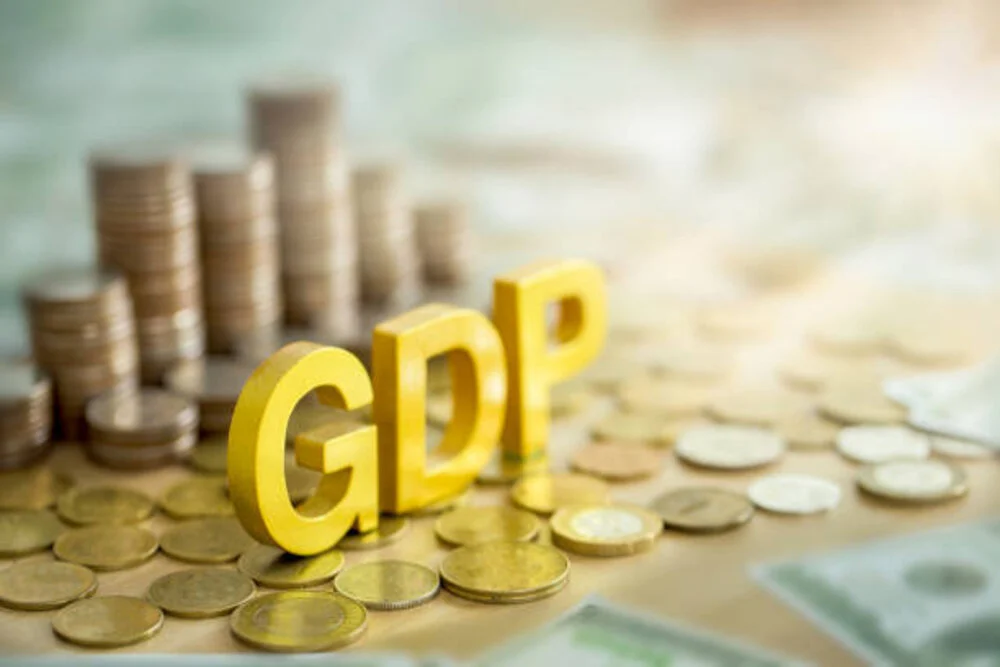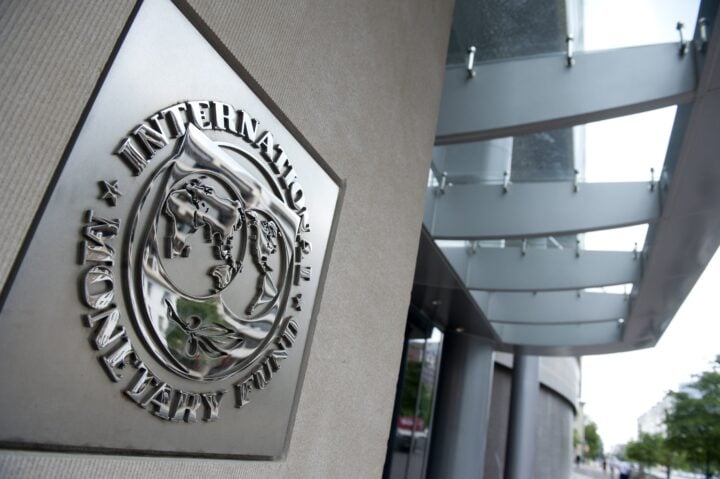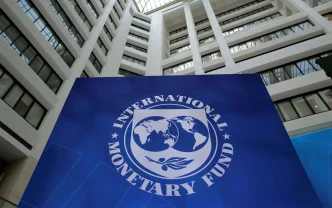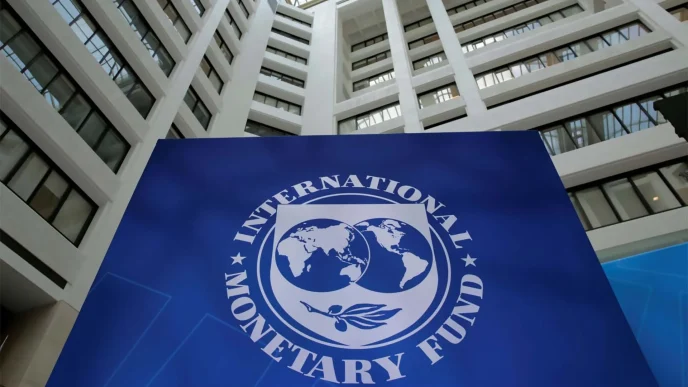The National Orientation Agency (NOA) and the National Bureau of Statistics (NBS) have commenced a joint public campaign to explain Nigeria’s ongoing rebasing of gross domestic product (GDP).
In a statement on Thursday, the NOA said the partnership is designed to promote transparency, inclusiveness, and better public understanding of what the rebasing means for the country’s economy.
“The National Orientation Agency (NOA) and the National Bureau of Statistics (NBS) have jointly unveiled the essential details surrounding the planned rebasing of Nigeria’s Gross Domestic Product (GDP),” NOA said.
“This collaborative effort is aimed at fostering transparency, inclusivity, and public understanding of the process and its implications for the national economy.
Advertisement
“By shedding light on the methodology, key indicators, and economic sectors now included in the revised calculations, the two agencies seek to ensure that citizens are not only aware of the changes but also understand the raison d’être of the exercise.
“The rebasing reflects an updated and more accurate picture of Nigeria’s economic landscape, accounting for emerging industries and current market realities.
“This public sensitisation effort underscores the commitment of both NOA and NBS to carry Nigerians along in major economic decisions, while also dispelling misconceptions and promoting informed public discourse.
Advertisement
“It also reaffirms the importance of data-driven governance and inclusive economic planning, especially in a dynamic and fast-evolving global economy.”
On January 9, the NBS said the rebased GDP will now capture modular refineries and illegal or hidden activities.
Other sectors that will be included are the Nigerian social insurance trust fund, digital economic activities, pension fund administrators, domestic households as employers of labour, the national health insurance scheme, and quarrying and other mining activities.
The bureau also said the rebasing of the consumer price index (CPI) caused Nigeria’s inflation rate to drop from 34.8 percent in December 2024 to 24.48 percent in January.
Advertisement








